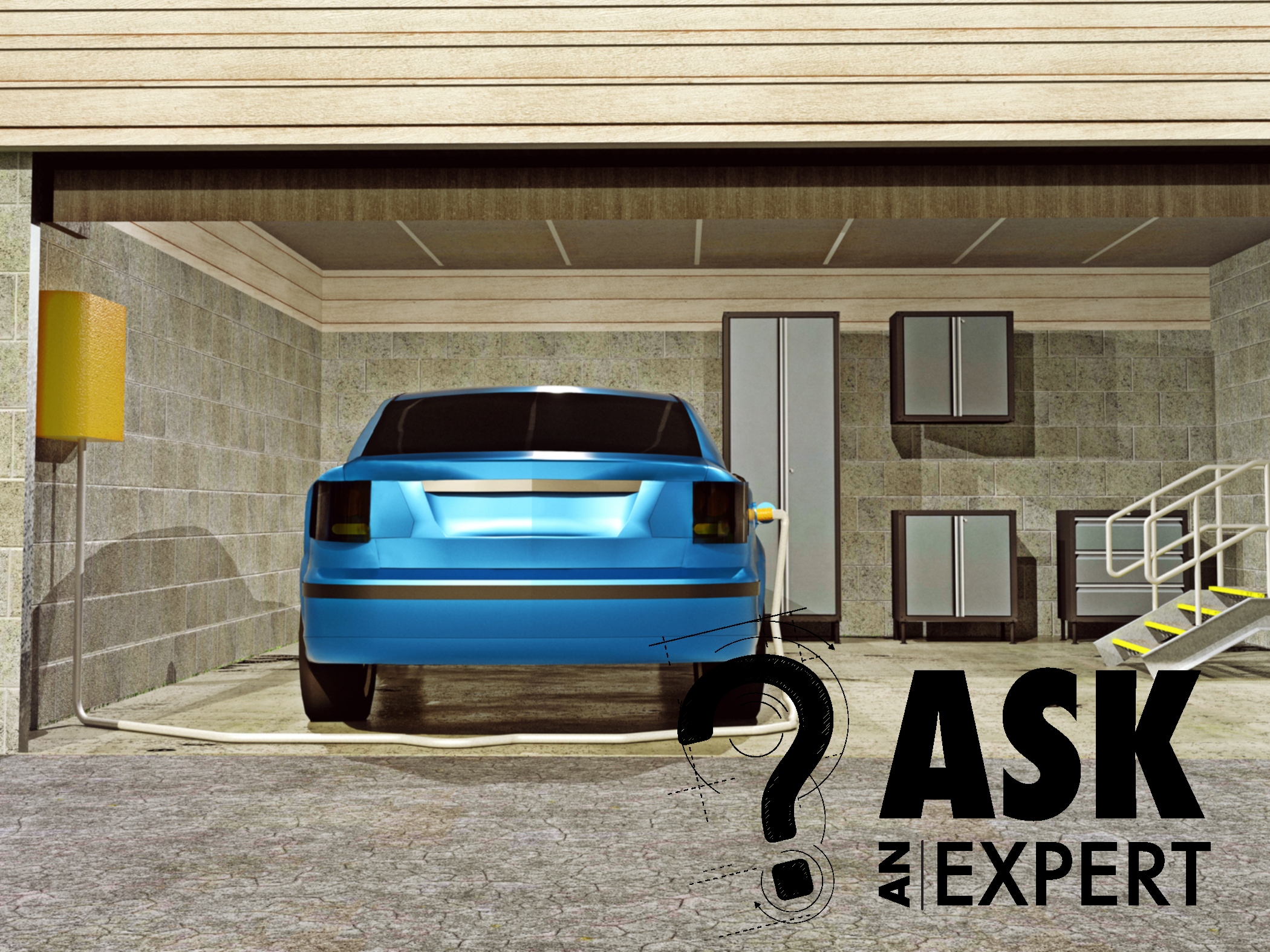Ask an Expert: Charging Station Code Requirements

What are the code requirements for home electric vehicle charging stations?
The National Electrical Code has a number of requirements, found mainly under Article 625 Electric Vehicles Charging Systems:
- The equipment shall have sufficient rating (volts and amperage) to supply the load served.
- Each outlet installed for the purpose of charging electric vehicles shall be supplied by an individual branch circuit. Each circuit shall have no other outlets.
- Equipment connected to the premises wiring system using receptacles shall be rated for either single-phase 125 volt AC (60 volt DC) at 20 amps for portable or stationary chargers, or single-phase 125 or 250 volt DC or three-phase 250 volt AC, both up to 50 amperes for stationary chargers only. The receptacles shall be of the non-locking type.
- For cord-connected chargers with the personnel protection interrupting device located within 12 inches of the attachment plug, the length of the charger power supply cord (receptacle to charger) shall be between 6 and 15 feet. If the interrupting device is in the charger supply box, then the power supply cord shall not be more than 12 inches long.
- The electrical supply conductor (cable) to the receptacle in the garage shall be protected from physical damage where necessary by rigid metal conduit or other means.
- The nearest outside surface of the power supply cable or raceway cannot be less than 1 1/4 inches from the nearest edge of the framing member or furring strips (where nails or screws are likely to penetrate).
- The overall usable supply plus output cable length shall not exceed 25 feet unless equipped with a cable management system that is part of the listed electric vehicle supply equipment.

Charging stations should be installed by a qualified electrician. Contact your local building inspector about any local or state installation requirements.
When thinking about the type of charging station you will need, if you drive less than 40 miles per day, or if you have a plug-in hybrid electric vehicle, you can use a charger that plugs into a standard wall outlet. These chargers, referred to as Level 1 electric vehicle (EV) chargers, will provide you with 2-5 miles of driving range for every hour of charging.
If you drive more than 40 miles per day, and you have a fully electric vehicle, then you will likely need a Level 2 charger that provides 10-20 miles of range per hour of charging. ENERGY STAR®-certified Level 2 EV chargers provide the same functionality as non-certified models but use 40% less energy in standby mode. To encourage the purchase of an ENERGY STAR Level 2 charger, SWEPCO offers a $250 SWEPCO incentive to help cover the cost of purchasing one.
Return to newsletter